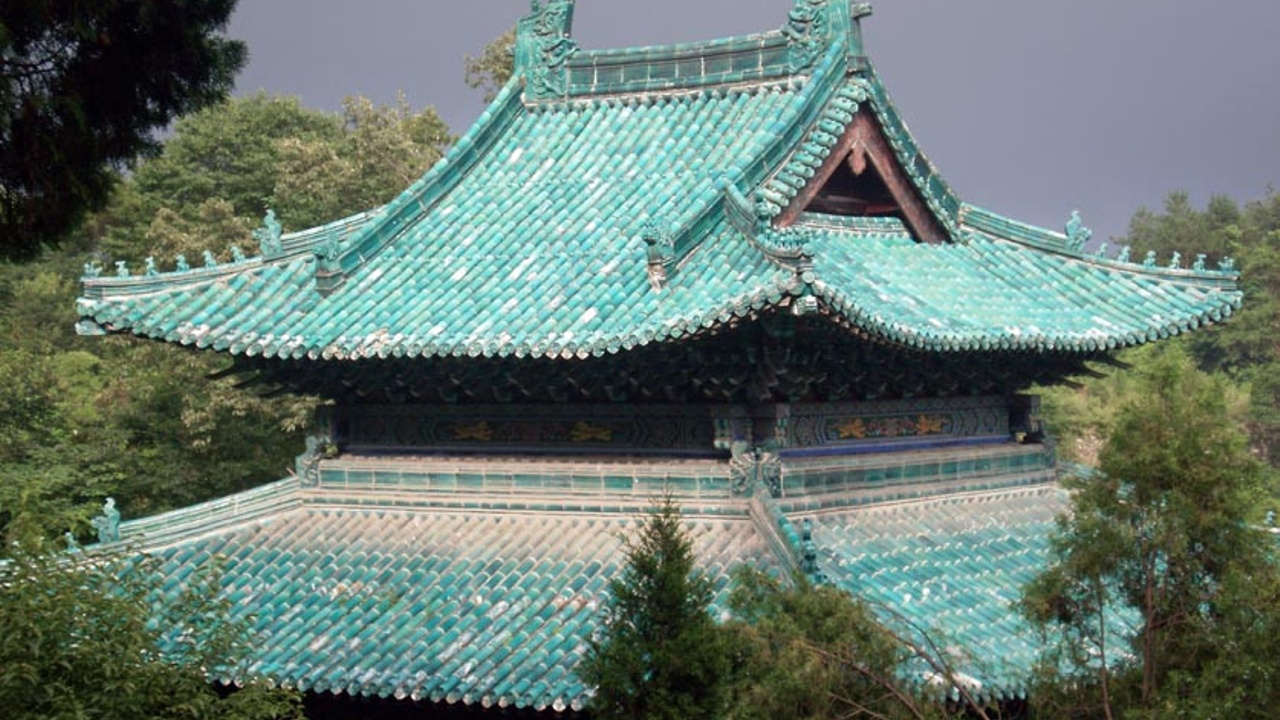
Taoism for beginners
For some people practicing Tai Chi is about the meditative movements. For other people, it is that but so much more. They want to go deeper into their understanding of what we call Tai Chi philosophy and start learning the basic Tai Chi principles. Of course, there are teachers that say if you don’t learn the principles you can’t practice Tai Chi. I don’t agree and I believe that you can benefit from the practice without understanding the theory. That said, this article is for those who want to start learning a little bit more about Daoism.
I don’t pretend to be a Daoist, anyone who follows my work knows that I am just as human as the rest of us with all my challenges and faults. I am no Daoist priest but I am a teacher, and it is my job to teach you as much as I know. If I don’t know it, I will tell you and I will research until I can give you the answer.
So lets dive in…
In the West we know it as Taoism, but in China they call it Daoism. No one knows when it was founded or who created it. Legend has it that a man called Lao Tze was was the very first person to acquire the ideas behind the Tao. Lao-tzu translated from Chinese means old teacher which is quite a generic name and in fact there isn’t real evidence that he ever lived.
Taoism is the Chinese philosophy based upon the writings of Lao-tzu and for that reason he is considered the founder.
Living in a Harmonious relationship with Nature
Daoism is often referred to as The Way. It is considered that when you find the Way you have cultivated a beginner’s mind and you behave in accordance with your most natural self.
This is how we were born before all the practical stuff happened and life became more of a burden.
The uncarved block is like having a beginner’s mind
Here is another root concept in Daoism, PU, the uncarved block. Daoism stresses that we should strive to dwell in accordance with nature. Nature, in Daoism has a different meaning. It isn’t just the mountains, the trees and the rivers but it could also be heaven, fate, destiny and purpose.
The natural state of humanity as it was in the beginning before the evolution of ideas like right and wrong, good and bad, or even beautiful and ugly. It is believed that everything is more effective in its this natural form.
Harmony and The Balance of Opposites
In Daoism it is believed that everything in nature comes from the same whole. It is said that after the One comes Two. This is the theory behind the symbol of Yin and Yang. It represents the idea that opposites are important to ensure that harmonious relationships exist. They are both equivalent and required to make the whole.
For example, without daytime, there would be no light and almost all the universe would shrivel. In the same way, without darkness, there would be no rest from the beating sunrays and the entire universe would wither away.
For us, the people on earth, it guides us to seek out stability in day to day life and not incline towards extremes. As such Daoistm does not promote living a life of austerity.
Take life as it Comes
The idea behind Wuwei, can be translated as non-action. Wuwei, is of the notion that we must not overreact or over-plan in any circumstance.
Of course you are expected to perform what is needed at any specific time but not more. Life happens naturally without making an effort, in accordance with your natural self.
My Shifu often said to me;
'If you can change it then change it. If you can’t then accept it. Always protect your heart'
Stayed tuned for Taoism for beginners part two…
Go to main blog list
Stay connected with news and updates!
Join our mailing list to receive the latest news and updates from our team.
Don't worry, your information will not be shared.
We hate SPAM. We will never sell your information, for any reason.

